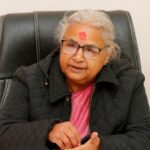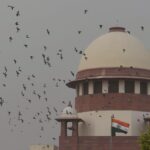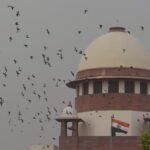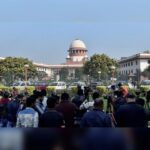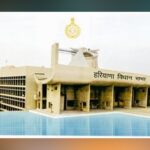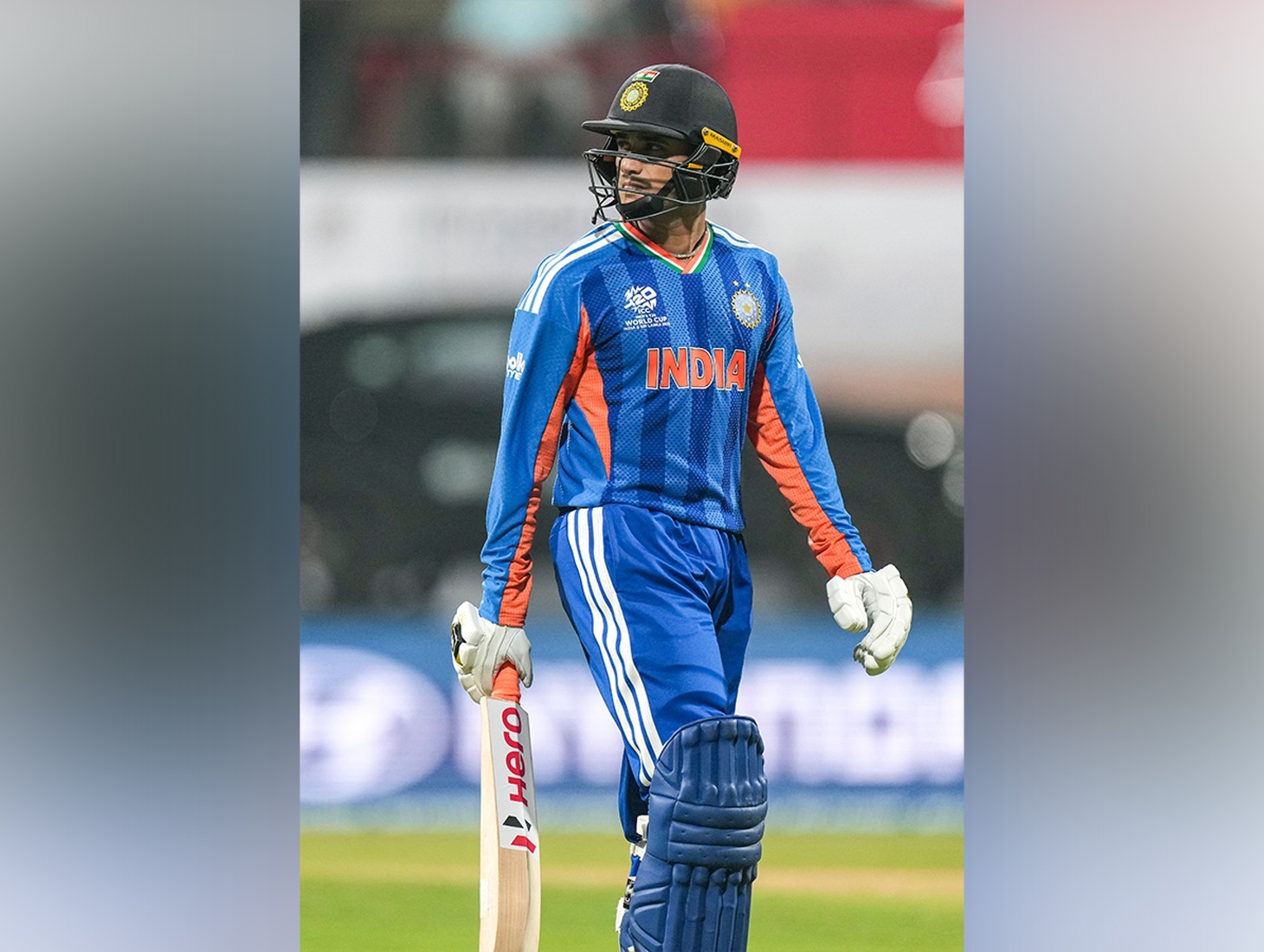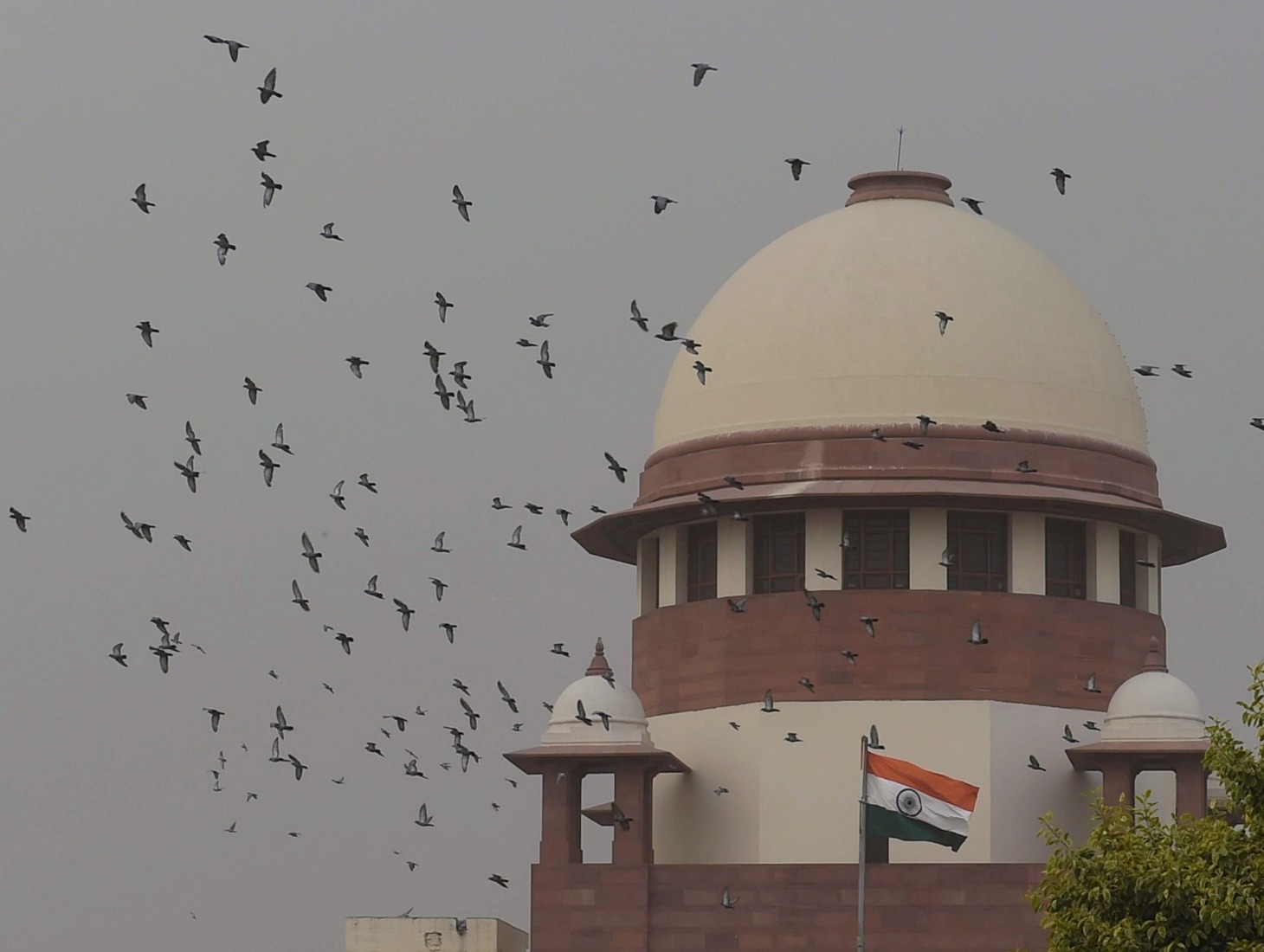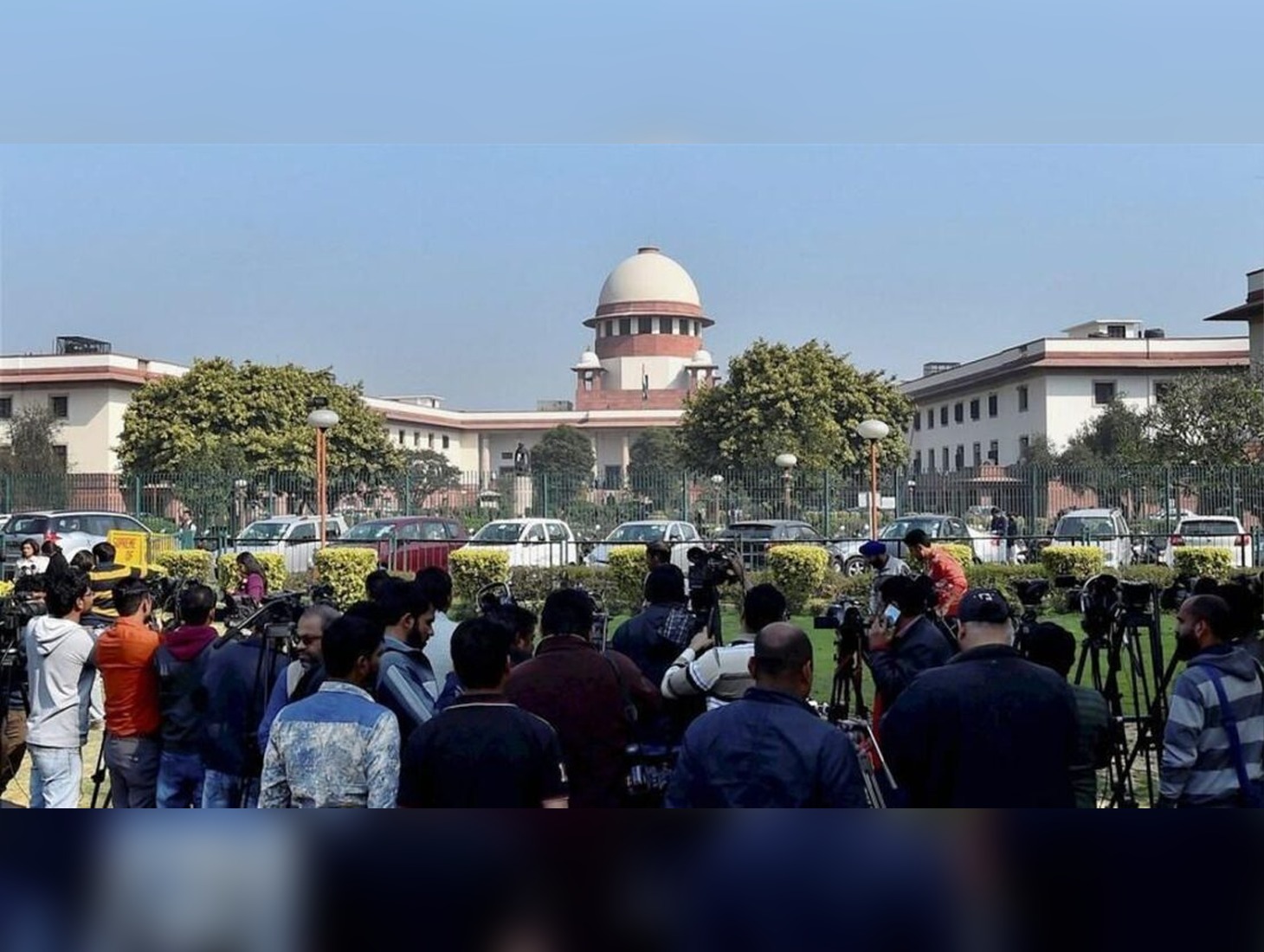The North News
New Delhi, April 22
Vice President, Jagdeep Dhankhar, on Tuesday reaffirmed his stance on the primacy of Parliament, issuing a veiled critique of the Supreme Court amid ongoing discussions on judicial “overreach.” Speaking at a public event, Dhankhar insisted that Parliament holds the ultimate authority under the Constitution and that no other institution is envisioned to stand above it.
“Parliament is supreme; it is as supreme as every individual in the country,” Dhankhar said. “Every part of ‘We the People’ is an atom in democracy. This atomic power is reflected during elections. That is why ours is a democratic nation.”
The Vice President’s remarks come just days after a landmark Supreme Court ruling that directed the President of India to decide within three months on bills held up by state governors—an unprecedented move that legal experts say redefines the balance between state and central institutions.
Dhankhar appeared to push back against criticism of his earlier comments on the court’s order, suggesting that constitutional functionaries are not symbolic but deeply rooted in the democratic framework. “Every word spoken by a constitutional authority is guided by the supreme national interest,” he said. “It is inconceivably intriguing that some have recently reflected that constitutional offices can be ceremonial or ornamental.”
Expanding on the role of citizens in a democracy, Dhankhar stated, “According to me, a citizen is supreme because a nation and democracy are built by citizens. The soul of democracy resides and pulsates in every citizen.”
He also raised concerns over the state of political discourse, cautioning against its degradation through money power, foreign influence, or partisan manipulation. “If you want to know about the health of a democracy, you must analyse the quality of discourse,” he said. “Our youth must elevate beyond partisanship to thoughtful deliberation.”
While Dhankhar did not directly name the Supreme Court in his speech, the context was unmistakable. His comments reflect a broader tension in India’s institutional framework, where questions of jurisdiction, democratic accountability, and the separation of powers are increasingly contested in public life.




